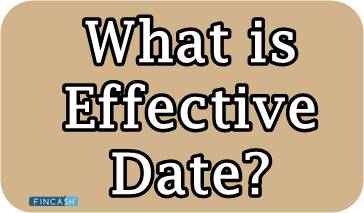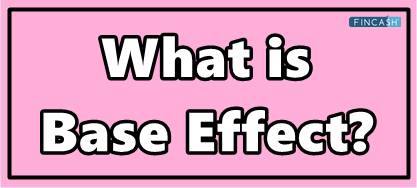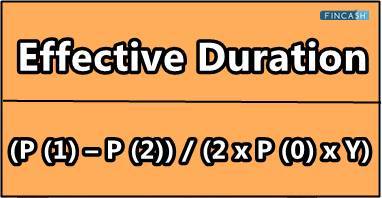
Effective Date
What is Effective Date?
In a law contract, the effective date is one such date that a transaction or agreement between two parties or more becomes binding.

As far as an Initial Public Offering (IPO) is concerned, it is the date when shares can be traded for the first time on an exchange.
Explaining Effective Dates
Business transactions and agreements are documented along with effective dates. This is the time when parties begin their responsibilities mentioned in the contract. These agreements can either be in the form of credit or loan agreements or employment agreements, commercial transaction deals, and others.
In terms of the effective date, both the parties get to decide when to officially begin the date, whether on the signing date, a date that has passed, or an upcoming one. And, as far as a company that is ready to go public is concerned, the effective date generally takes place anywhere within 30 days after the security has been registered with the Securities and Exchange Commission (SEC).
This time period gives time to SEC to evaluate the disclosure completeness; thus, enabling potential investors to make the decisions. During this period of review, the SEC can request clarifications, instruct the company to amend or fill certain sections, and ask relevant questions.
Talk to our investment specialist
Examples of Effective Dates
Considering that the process of IPO is regulated by the SEC; suppose a company XYZ has filed an IPO on May 26, 2020. Shortly after that, the company submitted an amended filing and printed the same on their prospectus. Now, the effective date was June 23, 2020, and the company started trading its shares on that day.
Often, the effective dates can be found on the Terms and Conditions or the Privacy Policy pages on the site. Usually, users have to accept these terms and conditions while downloading the company’s app or logging into the site. In a way, these terms are not different from the ones provided generally to the public.
In this situation, the effective date for the privacy policy or terms and conditions wouldn’t be when a user has agreed to it. On the contrary, it would be when these policies and agreements were last updated. Therefore, for policies and conditions, such dates are not regarded as an effective date, but last updated or last revision.
All efforts have been made to ensure the information provided here is accurate. However, no guarantees are made regarding correctness of data. Please verify with scheme information document before making any investment.












